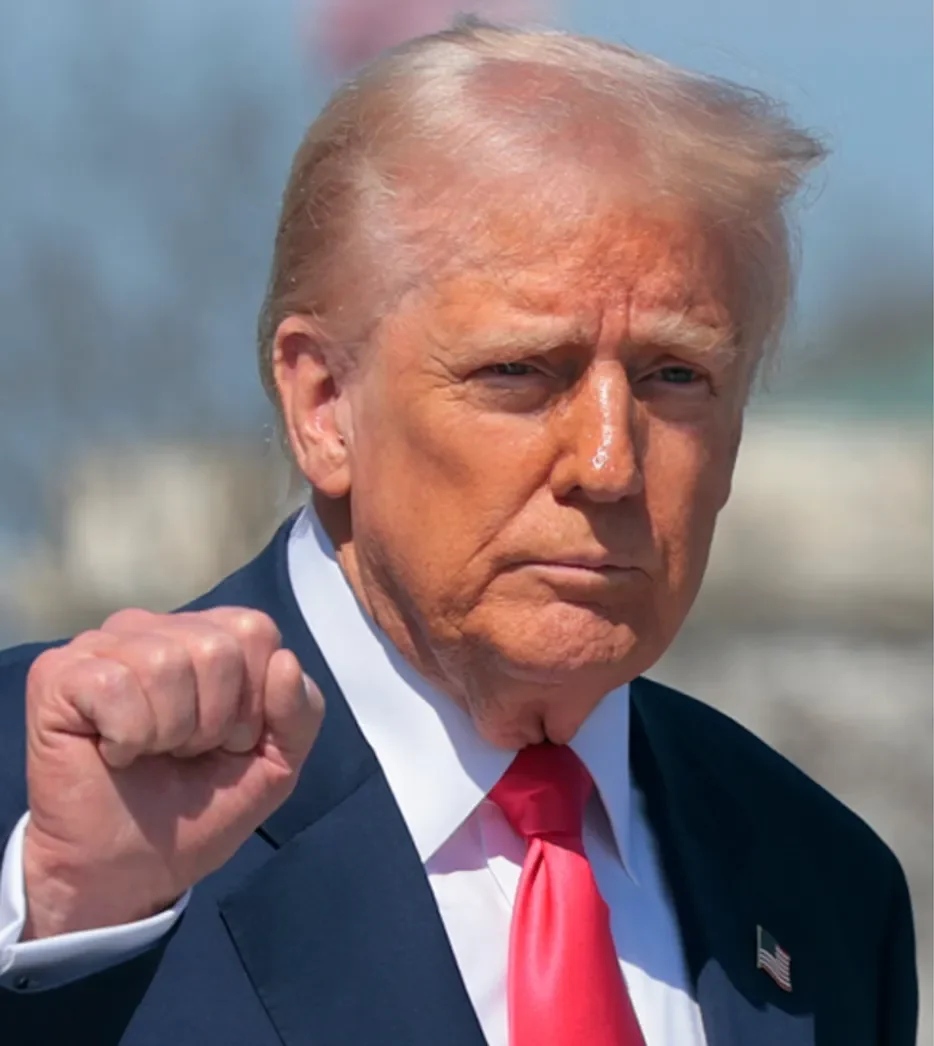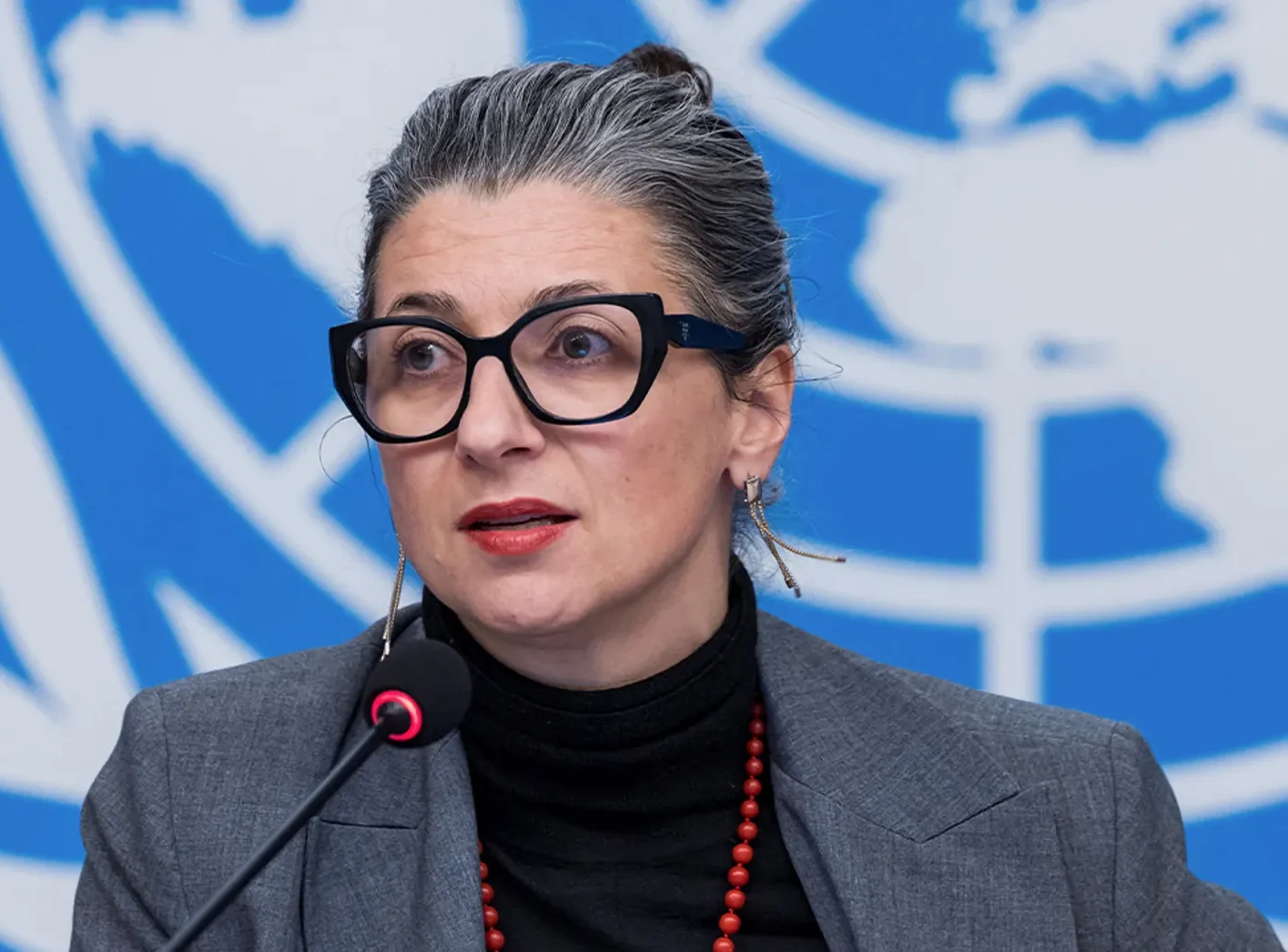Justin Trudeau’s tenure as Canada’s prime minister is coming to an unceremonious end, marking the conclusion of a political career that started with high hopes and international fanfare but fizzled out under the weight of scandals, internal dissent and plunging poll numbers. On Monday morning, Trudeau announced his intention to step down after the Liberal Party selects a new leader, bringing an era of Liberal dominance to an abrupt and dramatic close.
Standing outside Rideau Cottage, Trudeau delivered his resignation statement with his trademark mix of optimism and deflection, acknowledging the need for “new leadership” while sidestepping the growing list of missteps and crises that have defined his later years in office. For a man who campaigned on “sunny ways,” it’s ironic that his exit feels more like a rainy-day retreat.
The timing of Trudeau’s departure isn’t exactly shocking. His polling numbers have been in a freefall, his caucus is in open revolt, and his primary political rival, Conservative leader Pierre Poilievre, has been gaining steam. The writing has been on the wall for months, but it seems Trudeau finally read it. To buy the Liberals time to regroup, he’s also asked Governor General Mary Simon to prorogue Parliament until March 24, effectively hitting pause on legislative business. It’s a classic Trudeau move—delay and hope for a miracle.
Much of Trudeau’s undoing can be traced to last month’s bombshell resignation of Deputy Prime Minister Chrystia Freeland, his closest ally and presumed successor. Freeland’s abrupt exit on the day she was supposed to deliver the fall economic statement sent shockwaves through Canadian politics. Her resignation letter didn’t just signal dissatisfaction; it was a scathing critique of Trudeau’s leadership.
She accused him of prioritizing “costly political gimmicks” over sound economic strategy and urged him to collaborate with provincial leaders to address looming challenges from President-elect Donald Trump’s incoming administration. Her parting shot revealed the deep cracks within the Liberal Party and left Trudeau politically isolated.
The Conservatives, meanwhile, are seizing the moment. Poilievre’s momentum has only grown as he paints himself as the antidote to Trudeau-era dysfunction. His party’s vow to introduce a motion of non-confidence against the Liberal government early next year adds another layer of pressure to a party already struggling to stay afloat. With Trudeau’s exit, the Liberals face a crucial leadership race that will determine whether they can rebuild or succumb to the Conservative wave.
As usual, Trump’s response to Trudeau’s resignation is hilarious:
Donald Trump on Justin Trudeau’s resignation pic.twitter.com/453WPzLaoq
— ALX 🇺🇸 (@alx) January 6, 2025
Trudeau’s legacy, once defined by youthful charisma and progressive promises, now feels weighed down by political fatigue and controversy. From blackface scandals to the WE Charity debacle, his time in office has been riddled with self-inflicted wounds that tarnished his global reputation and alienated key voter blocs at home. The sunny optimism that carried him into office in 2015 now feels like a distant memory, replaced by bitter infighting and declining public trust.
President Trump has liberated Canada after trolling Trudeau by calling him Governor of Canada.
After tyrannical Covid abuse, destroying free speech, importing military aged male “refugees”, and being Zelensky’s biggest cheerleader, Trudeau RESIGNS!pic.twitter.com/rOiHzfMABT
— Rep. Marjorie Taylor Greene🇺🇸 (@RepMTG) January 6, 2025
As Trudeau steps aside, questions abound about the future of the Liberal Party and Canadian politics at large. Can the Liberals rally under new leadership? Will Trudeau’s departure give them the reset they desperately need? Or has the Poilievre-led Conservative surge already sealed their fate? One thing is certain: Trudeau’s departure leaves behind a political landscape as divided and unsettled as the leader himself.



